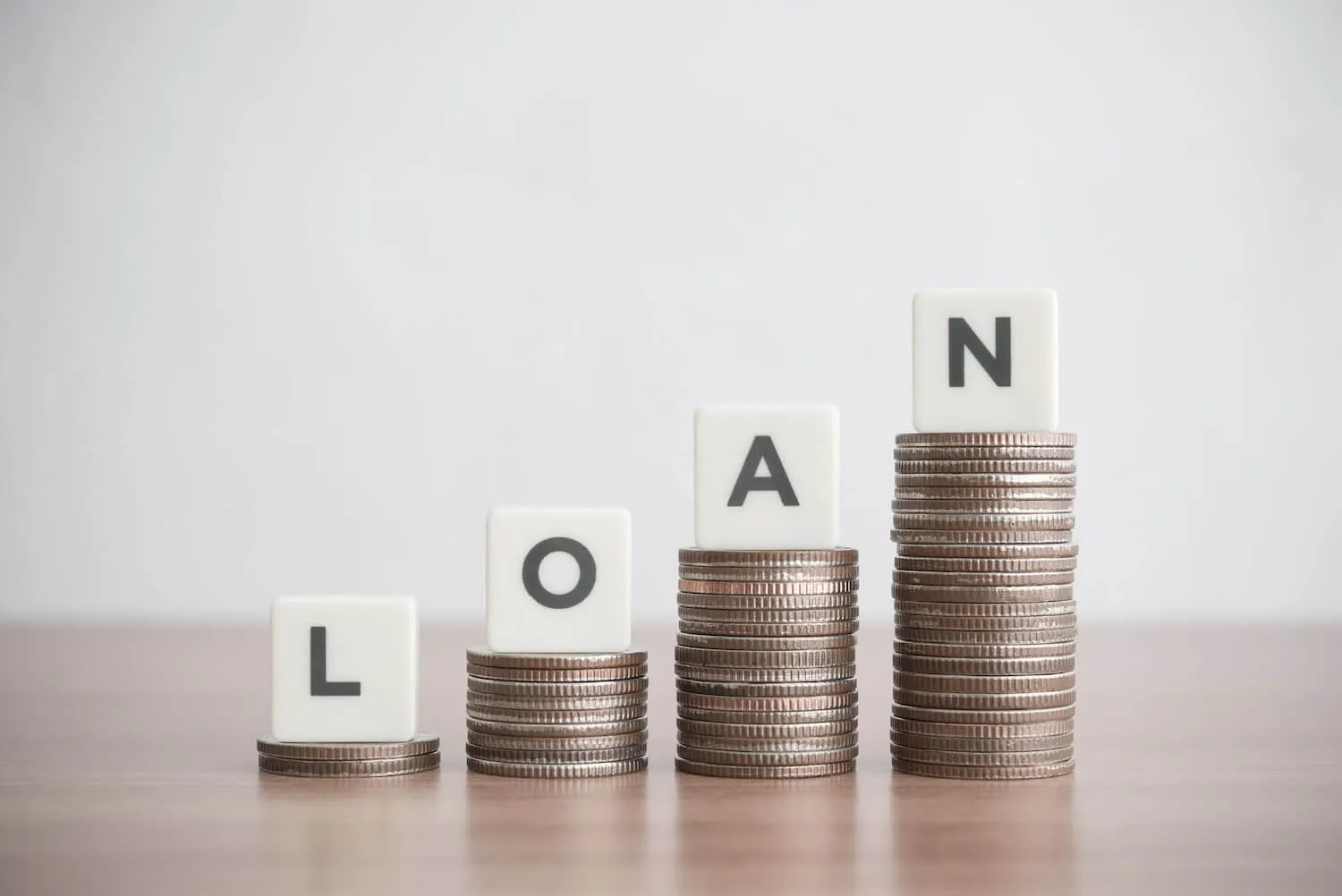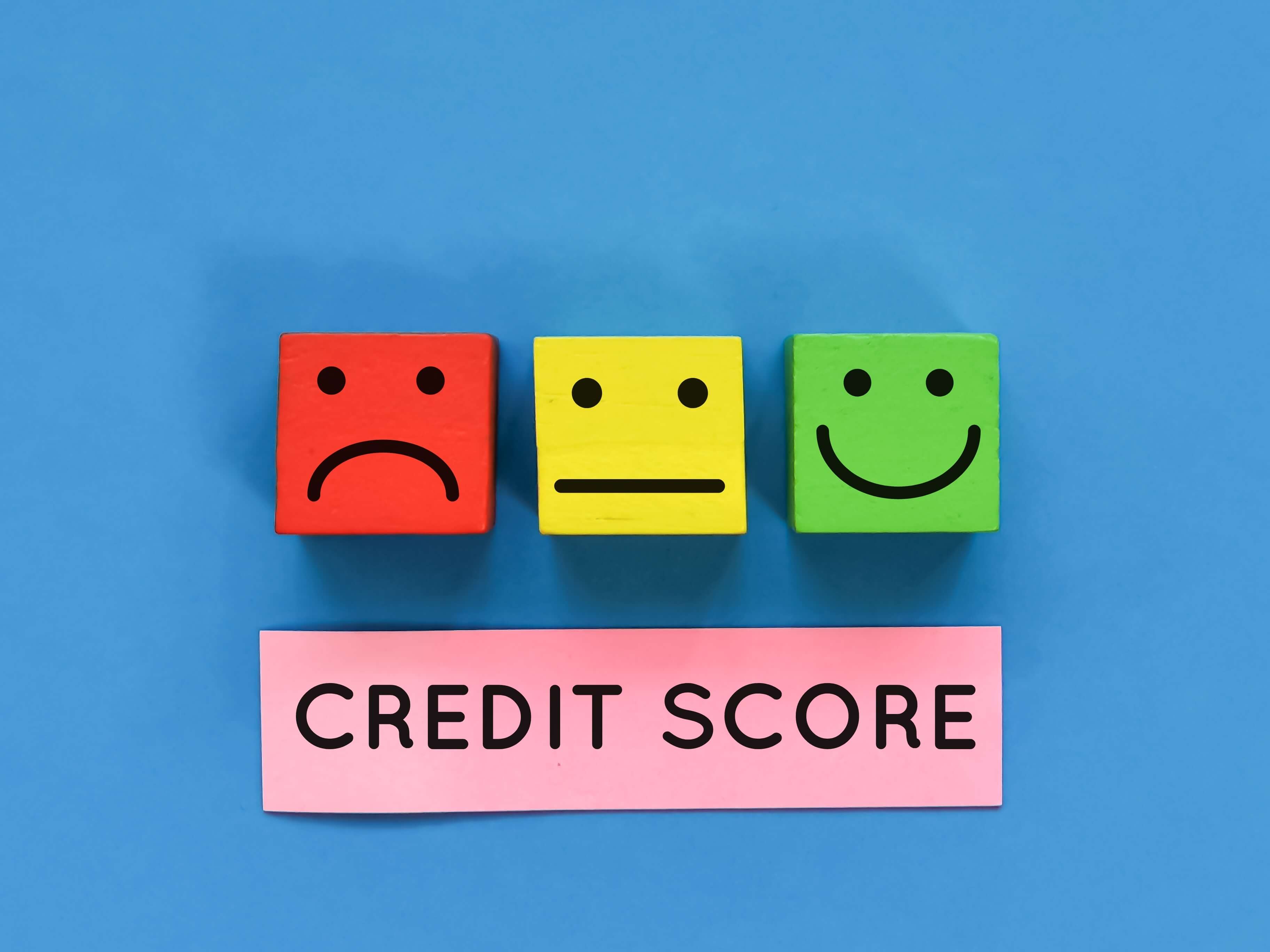Understanding the difference between secured and unsecured loans is crucial for making informed financial decisions when it comes to borrowing money. These two distinct types of loans serve different purposes and come with their own sets of advantages and risks. Whether you're looking to finance a major purchase or simply in need of some extra funds, grasping the nuances of secured and unsecured loans will help you choose the right financial tool for your specific needs.
In this article, we give an overview of secured vs. unsecured loans, the key differences between them, and the main advantages for businesses.
Secured vs. unsecured loans at a glance
An example of a secured loan is a mortgage. It’s a financial agreement where you use an asset or property as security against the capital you’re borrowing. Commercial secured loans are often taken out when a larger amount or longer loan term is required.
Also known as collateral, the security you provide in the form of assets or property can be seized if repayments are not adhered to. Secured loans enable you to take out more money over a longer term while being easier to obtain because of the security you’re providing. Often known as homeowner loans, secured loans are also a type of business loan that you can use the capital from to invest in your company.
Taking a manufacturing company, for example, a secured business loan could be highly beneficial for expanding the company's production capacity. By using valuable equipment or real estate as collateral, the business could secure a lower interest rate and larger loan amount enabling investment in new machinery, increasing production efficiency, and ultimately boosting revenue, all while minimising the financial risk associated with borrowing.
An unsecured loan doesn’t require you to put down any collateral. Credit cards, student and personal loans are all types of unsecured loans. They’re typically more challenging to secure from lenders as their approval is based on whether they view the borrower as creditworthy, which is determined by several factors including credit score.
With unsecured loans, if you default on a repayment, the lender could commission a debt collection agency to recover the debt. The lender may also take the borrower to court. Some laws ensure lending practices are not discriminatory and based solely on an applicant’s creditworthiness. However, because unsecured loans are riskier for lenders than secured loans, they’re more challenging to secure.
The benefits of an unsecured business loan can be demonstrated with the example of technology startups operating in the software sector. Without the need for collateral, startups could secure quick financing to invest in talent acquisition, research and development, and marketing efforts, allowing the business to respond rapidly to market opportunities, innovate its products, and gain a competitive edge in a fast-paced industry without risking valuable assets.
Secured loan vs. unsecured loan: Key differences
1. Providing securities/collateral
One of the main differences between secured vs. unsecured loans is whether the borrower needs to put down securities. A secured loan requires the borrower to provide an asset or property. If a repayment is missed, the lender can seize the securities to repay the debt. Whereas with an unsecured loan, no security is required and approval is gained based on the borrower’s creditworthiness.
2. Approval difficulty
How difficult the finance is to obtain depends on whether the borrower chooses a secured or unsecured loan. Being approved for a secured loan is based more on the securities put down, rather than the firm's creditworthiness, which unsecured loan lenders rely on more. For example, a start-up business may not have a property or sufficient assets to put up as security. The approval difficulty for both types of finance will vary depending on the borrower's circumstances.
3. Amount of available capital
Typically, more can be borrowed when a secured loan is taken out over an unsecured loan. This is because the agreement is less of a risk to lenders as they can seize the security if the borrower defaults on payments. As this isn’t possible with unsecured loans, lenders are less willing to allow larger amounts to be borrowed.
4. Varying interest rates
Interest rates vary depending on many factors. Working with a business finance specialist increases the chances of securing a finance agreement with a favourable interest rate, for example. Secured loans, however, typically have lower rates of interest because there is less risk for the lender.
5. Repayment terms
Secured loans typically have longer repayment terms. Depending on the business’s circumstances, it may be beneficial to repay the loan over a longer period. This is normally true with secured loans as more can be borrowed than an unsecured loan. However, repaying the loan quickly could reduce the amount paid in interest.
Is it better to have secured or unsecured debt?
Secured debt typically has longer repayment terms and lower rates of interest. If you require a large amount of capital, such as for purchasing business premises, secured debt is much more favourable. Unsecured debt may have a higher interest rate and shorter repayment terms; however, if you have borrowed a small amount of capital, you may want to pay off the debt quickly to potentially improve your credit score and reduce how much you pay in interest.
The right choice of finance depends on your circumstances. If you’re unsure of what’s the best deal for you, business finance specialists, like our team at Millbrook, can guide you towards the most beneficial outcome. Large corporations, SMEs, and businesses just starting, all require finance for varying purposes. Depending on your circumstances and requirements, a secured or unsecured loan may be the best choice.
What are the main advantages of secured vs. unsecured loans?
Advantages of secured loans
- Increased available capital - as you’re providing a security, there is less risk for the lender, so they will offer more capital. This is the most effective finance product if you’re borrowing funds to purchase a property, for example.
- Bad credit considered - the security you put down decreases the risk for the lender, which means they will consider applicants who don’t have high credit scores.
- Longer repayment terms, up to 10 years - there are loan repayment terms of up to 10 years for secured loans. The security ensures the lender’s funds are protected while enabling you to borrow larger amounts of capital too.
Advantages of unsecured loans
- Access to funds within 8 hours - Obtaining approval for an unsecured loan is typically a quick and simple process compared to secured loans. As you don’t have to own a property, there is no evaluation required, only a credit check.
- Ideal for start-up businesses - While unsecured loans are available for both new and established companies, they’re ideal for start-up businesses. You can secure funds fast, without having to put down any assets as a security.
- Repayments of up to 5 years - Depending on how much capital you’re borrowing, your preferred repayment term will vary. Unsecured loans are available with short- and long-term repayment plans, including up to 5 years.
Introducing Millbrook's business loans
Business loans can be invested in any aspect of your company. Whether you need assistance with working capital, new equipment or staff, or property renovations, you can use the capital in the best way for your business.
Working with Millbrook’s business finance specialists gives you access to competitive business loan rates. If you’re unsure whether a secured vs. unsecured loan is right for you, get in touch with our team today or visit our business loan page for more information. Call us on 0333 015 3301 or visit our contact page.







